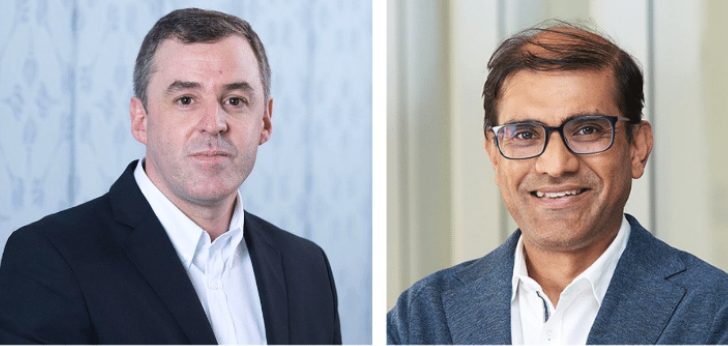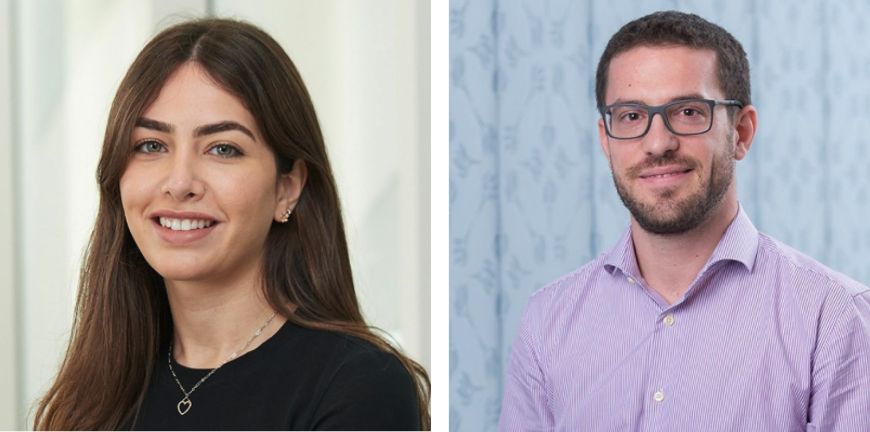CITIES’ mission is to establish a vibrant and globally recognized knowledge hub for urban networks, bridge the gap between scientific significance and practical value, and further develop the human capital that will propel the city of Abu Dhabi and the UAE into a more prosperous and sustainable future.
Fully aligned with its mission, CITIES recently co-founded and activated two new interdisciplinary projects in partnership with the Center for Cyber Security (CCS) and are at the crossroads of both centers.
PROJECTS
Securing Construction Networks for the Cities of the Future
This project is aligned with the Digital-Physical Nexus research cluster.

This project aims to better understand and mitigate cybersecurity vulnerabilities across the lifecycle of construction projects due to the increasingly digitalized and connected built environments. The construction industry plays a significant role in the UAE’s Gross Domestic Product (GDP). The ongoing digitalization and automation transformation that this industry is going through, referred to as Construction 4.0, affects how we design, build, and operate our built environment beyond critical infrastructures. Although Construction 4.0 has many advantages, it also opens the door to several challenges and vulnerabilities. Recent reports list the construction industry at the top of cyberattacks, which is concerning given the large number of stakeholders (public and private) across the different phases of construction projects, and the complexity and dynamic nature of their interactions. This study will look at the cybersecurity challenges and vulnerabilities, focusing on the interaction among the many network organizations and participants. The results of this work will provide recommendations and offer support to policies to minimize the spread of vulnerabilities.
Privacy-preserving Intra-City Collaborative Learning for Health Screening Applications
This project is aligned with the Social-Physical Nexus research cluster.

This project aims to develop a privacy-preserving collaborative learning framework that can be applied in UAE nationwide programs that rely on data exchange, such as health screening. The work involves the development of (i) a collaborative learning framework that enables optimal training of deep neural networks, the backbone of the AI decision-support tools, across multiple parties, and (ii) a data encryption technique to facilitate secure data exchange. The team will focus on a real-world setting using data collected from multiple hospital facilities in Abu Dhabi. This study will create the basis for a novel secure data transfer and collaborative learning framework that can facilitate the exchange of a wide variety of sensitive data within smart cities.